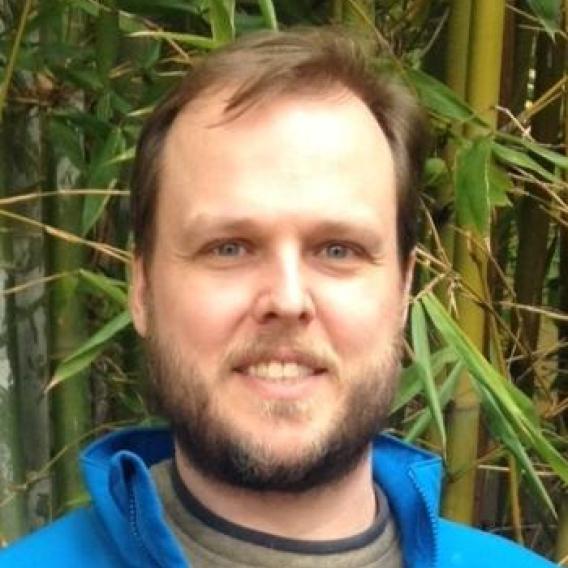Suggestions
Scott Dixon
Associate Professor of Biology at Stanford University
Scott Dixon is an Associate Professor of Biology at Stanford University, where he focuses on the mechanisms of cell death, particularly ferroptosis. He is affiliated with several prestigious institutions within Stanford, including the Stanford Cancer Institute, Wu Tsai Neurosciences Institute, and Bio-X.
Educational Background
- B.Sc. in Behavioral Neuroscience from Laurentian University (2000)
- Ph.D. in Molecular and Medical Genetics from the University of Toronto (2007)
Research Focus
Dixon's research investigates the interaction between intracellular metabolism and cell death pathways. His lab employs various techniques, including:
- Chemical biology
- Functional genomics
- Model organism genetics
A significant aspect of his work involves studying how metabolic disruptions can lead to novel forms of cell death, aiming to develop new therapeutic strategies for diseases characterized by either excessive or insufficient cell death, such as cancer and neurodegenerative disorders.
Professional Experience
Before his current role, Dixon completed postdoctoral fellowships where he researched genetic networks in model organisms like Caenorhabditis elegans and yeast species. His notable contributions include demonstrating how the small molecule erastin activates ferroptosis by inhibiting specific transport systems in cells.
Teaching
Dixon teaches several courses at Stanford, including:
- Biochemistry & Molecular Biology (BIO 83)
- Chemical Biology (BIO 173)
He is also involved in mentoring graduate students and postdoctoral researchers in his lab.
Publications
Dixon has authored numerous publications on cell death mechanisms and related topics, contributing significantly to the field of molecular biology.
For more detailed insights into his work, you can find his profile on LinkedIn here or visit his laboratory's website.
Highlights
